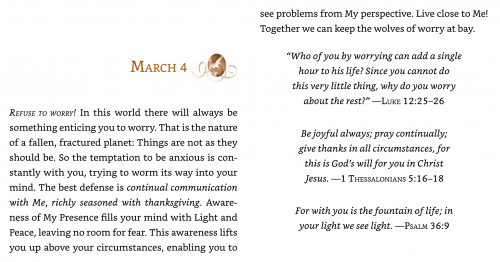Brian McLaren and Jacqui Lewis, my conversation partners in the recent podcast series, Learning How to See, understand that Jesus’ model of acceptance, inclusion, and love for “the other,” helps us overcome and heal our biases. Brian describes what he calls “contact bias,” when a lack of personal and ongoing contact with people who are different from us causes us to fail to see them for who they truly are:
When I don’t have intense and sustained personal contact with “the other,” my prejudices and false assumptions go unchallenged. Think of the child who is told by people he trusts that people of another race, religion, culture, sexual orientation, or class are dirty and dangerous.
You can immediately see the self-reinforcing cycle: those people are dirty or dangerous, so I will distrust and avoid them, which means I will never have sustained and respectful interactive contact with them, which means I will never discover that they are actually wonderful people to be around. . . .
In this way, the prejudice cycle spins on, unchallenged across generations. As prejudice persists, it becomes embedded in cultures and institutions, creating systems of racism and hatred, marginalizing groups who are stigmatized, dehumanized, scapegoated, exploited, oppressed, or even killed. . . .
But if we are willing to listen to [“the other”] and learn from them, we can break out of our contact bias, which opens us up to seeing in a new way. . . .
On page after page of the gospels, Jesus doesn’t dominate the other, avoid the other, colonize the other, intimidate the other, demonize the other, or marginalize the other. Instead, he incarnates into the other, joins the other in solidarity, protects the other, listens to the other, serves the other, and even lays down his life for the other. [1]
Rev. Dr. Jacqui Lewis, who leads what she describes as a “multi-everything” congregation in New York City, shares the gifts that embracing the other can bring. She views inclusion as central to the Gospel call to love:
The one we follow into mission and ministry—Jesus the Christ—was an avowed boundary crosser, a reformer of the religious and secular culture of his time. We are in good company when we lead the way on radical inclusion of those different from ourselves. In some contexts that might mean a black church reaching out to Korean neighbors, a Latino congregation starting a ministry to immigrant families from North Africa, or a Chinese church hosting an afterschool program for African American junior high students. . . . We believe the commitment to inclusion and diversity is a high calling, issued to all who count themselves as Christians, no matter what our ethnicity or culture. [2]
The more we bump into the folks who are so-called “other,” the more we are stretched, the more we are pulled out of that bias and have new truths because we have tangible evidence of the beautiful, powerful creativity of our God who made all of this diversity for us to enjoy. [3]
